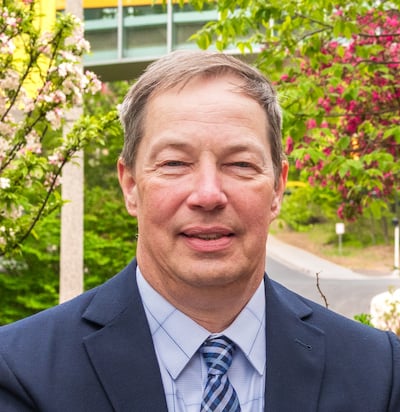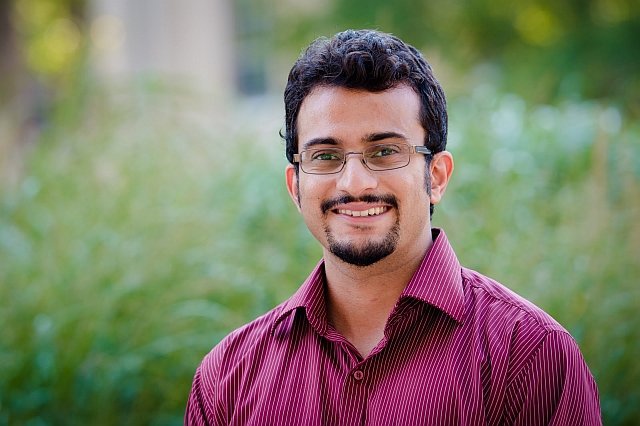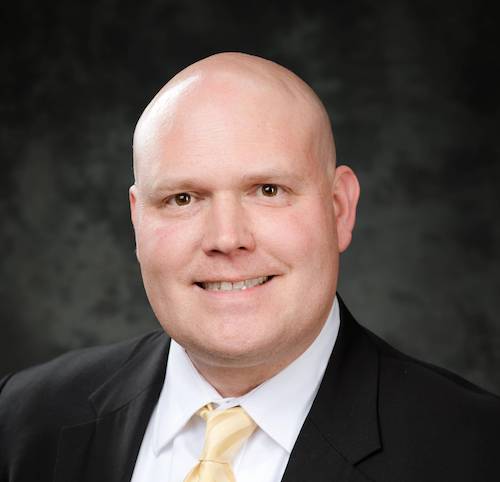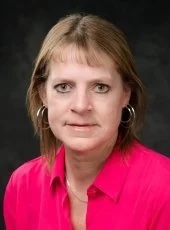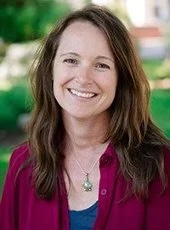Jason Blough, chair and distinguished professor of the Department of Mechanical Engineering-Engineering Mechanics (ME-EM), received SAE International’s Ralph K. Hillquist NVH Lifetime Achievement Award at the 2023 Noise and Vibration Conference.
Established by the Noise & Vibration Conference Committee, this award recognizes those individuals who have shown a continued contribution to ground vehicle noise, vibration and harshness (NVH) over a period of 15 years or more.
According to the award notification, Blough has “been instrumental in shaping the sound package material industry over the last 30 years, alongside unmatched dedication and commitment to industry and SAE.” He was nominated for the award by Darrell Robinette (ME-EM), associate professor.
Blough’s research includes dynamic measurement problems, developing new digital signal processing algorithms to understand NVH-type problems and ways to improve the NVH characteristics of virtually any machine. He routinely teaches many experimental NVH techniques in both classroom settings and industry short courses, and serves as the SAE Clean Snowmobile Team faculty advisor under Tech’s Advanced Motorsports Enterprise.
Congratulations to Dr. Blough on this significant achievement.
By Mechanical Engineering-Engineering Mechanics.
